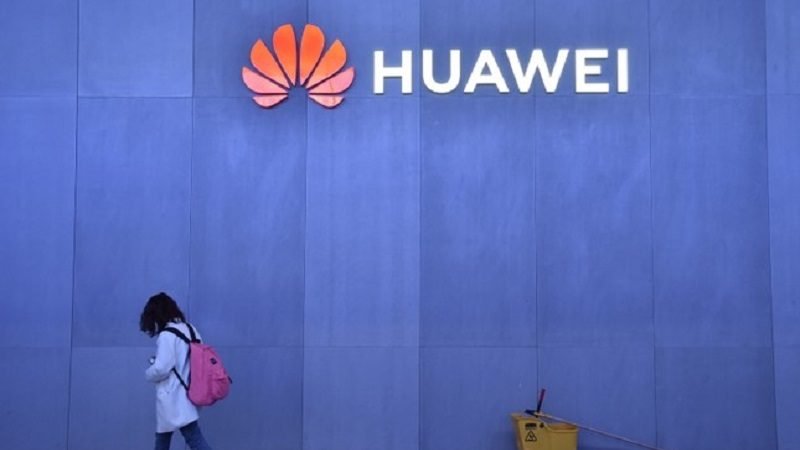Chinese telecoms giant Huawei is experiencing yet more legal woes following arrests of senior members of staff for fraud, evading international sanctions, and espionage and widespread banning of its products in a growing number of countries.
In addition to this, the firm is facing a federal investigation into allegations of Intellectual Property theft, in particular that Huawei have been stealing trade secrets.
A number of civil suits that were filed in 2017, including one where they were found liable for the theft of T-Mobile robotics technology have provided opportunity for the matters to be pursued in the federal court as well.
As well as Intellectual Property violations and the theft of trade secrets, in the US alone, Huawei stand accused of aiding and abetting espionage and breaching sanctions against Iran. In December 2018, Huawei CFO Meng Wanzhou was detained in Canada on the request of US authorities for lying about Huawei’s connection to firms that are alleged to have sold equipment to Iran and North Korea.
Whilst the company’s founder, Ren Zhengfei took to the media this week to state that the company has never been involved in spying, it seems that there are too many accusations from too many different sides for such pleas to be taken seriously. Zhengfei’s breach of years of silence came after a Huawei employee was arrested in Poland last week on charges of spying.
As Huawei are banned from a number of countries and more and more are considering to take steps to do so, Malta is embracing the Chinese tech-giants with open arms.
Back in October of 2018, the Maltese government announced the impending introduction of facial recognition technology that would be provided by the firm. In addition to this, its 5G network that has been shunned by other jurisdictions was announced to a media fanfare to those too oblivious to understand the consequences.
The controversial facial recognition technology was planned for targeted use in Marsa, home to many of the country’s ethnic and migrant population. Concerns were raised around the ethics of facial recognition technology, in particular its limitations when used on ethnic minorities. I
n addition to this, many were concerned about such personal data being essentially in the hands of a global superpower that is already using the software to “rate” its citizens in terms of how worthy the government thinks they are.
It was later announced that plans for the introduction of such software may be halted, but to date little other information on the matter has been forthcoming.












